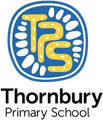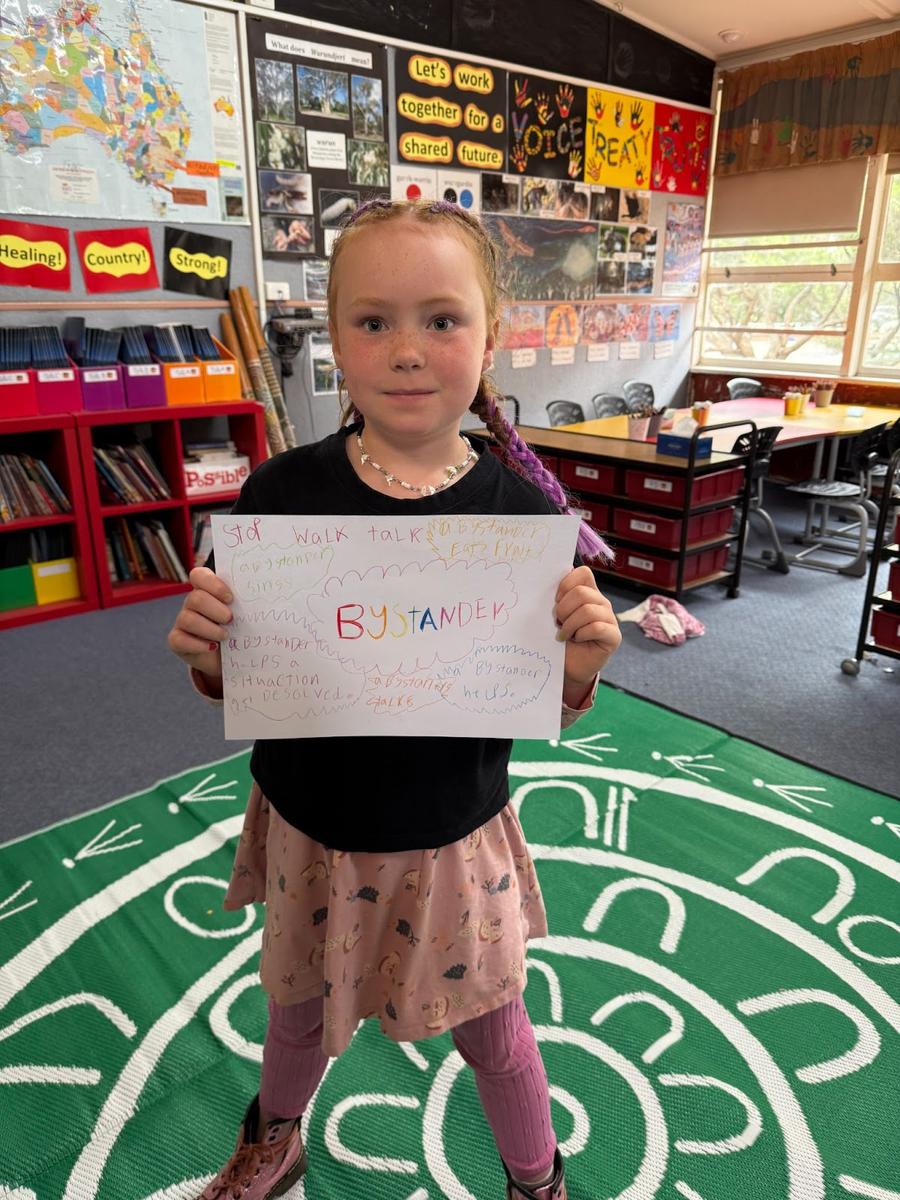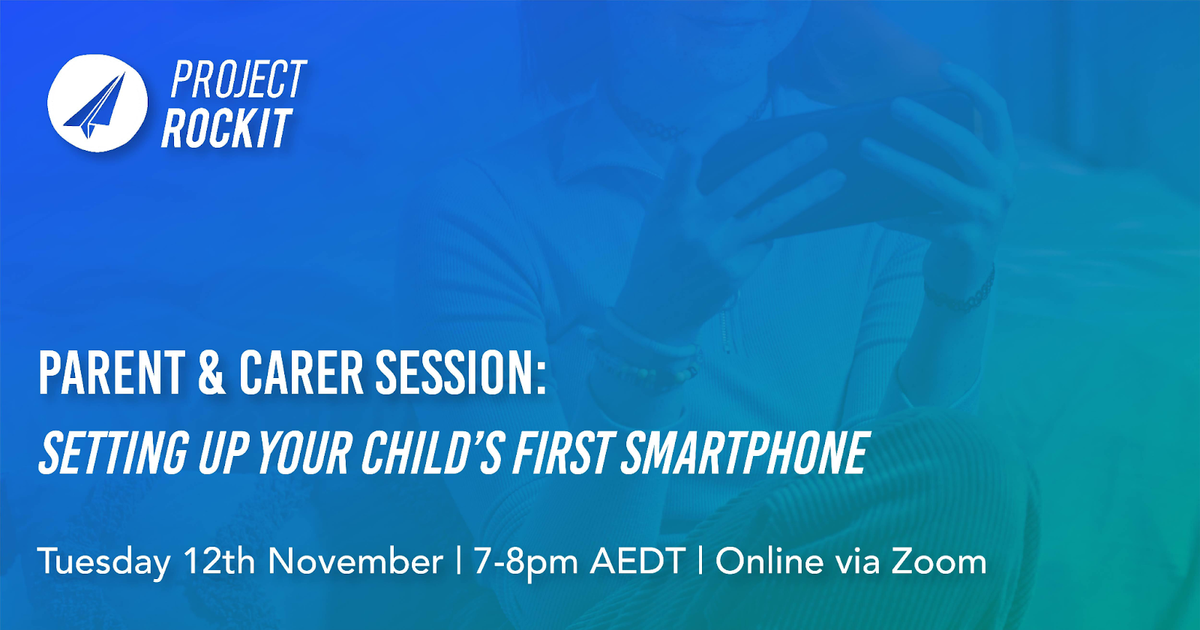Wellbeing

How TPS is working to prevent bullying
TPS is committed to providing a safe and respectful learning environment where bullying will not be tolerated.
The TPS community defines bullying as:
“Bullying is picking on someone repetitively, in a physical, verbal or psychological way. It’s about having power over someone else. Bullying can be sexist, racist or because of other differences. It can happen online, at school, outside of school or anywhere. It doesn’t just affect children, it happens to adults too. It makes the other person feel unsafe. It usually doesn’t happen around teachers or other adults. Bullying affects everyone, the person bullying needs help, the person being bullied needs help and the people who may see the bullying need help.”
Bullying is not the same as:
- Being rude – saying or doing something hurtful that wasn’t planned or meant to hurt someone, e.g. someone pushing in front of you in the line
- Being mean – doing something hurtful to someone on purpose once or twice, e.g. a friend refusing to hang out with you one day
- Conflict – there's a disagreement, both sides are aggressive/mean and there's no power imbalance (both sides can 'stand up' for themselves), e.g. two friends getting into an argument or fight and saying mean things to each other
- Respectful feedback on behaviours you're doing that aren’t ok, e.g. “It’s not ok to roll your eyes every time they talk about sport.”
- A friend putting in a boundary e.g. “I don't like it when you keep telling me what to do.”
- Natural consequences in socialising, e.g. a friend not trusting you because you shared their secret
TPS has a number of programs and strategies in place to build a positive and inclusive school culture. We strive to foster a school culture that prevents bullying behaviour by modelling and encouraging behaviour that demonstrates acceptance, kindness and respect.
Bullying prevention at TPS is proactive and is supported by research that indicates that a whole school, multifaceted approach is the most effective way to prevent and address bullying. At our school:
- We have a positive school environment that provides safety, security and support for students and promotes positive relationships and wellbeing.
- We identify and implement evidence-based programs and initiatives from the Schools Mental Health Menu that are relevant to preventing and addressing bullying and help us to build a positive and inclusive school climate e.g. Project Rockit.
- We strive to build strong partnerships between the school, families and the broader community that means all members work together to ensure the safety of students.
- We aim to embed a culture of respect and equality across our school by delivering Social and Emotional Learning programs including Respectful Relationships, Friendly Schools, Talking the Talk and MALPA, which teaches students what constitutes bullying and how to respond to bullying behaviour assertively. This promotes resilience, assertiveness, conflict resolution and problem solving.
- We celebrate the diverse backgrounds of members of our school community and teach multicultural education, including Aboriginal History, to promote mutual respect and social cohesion.
- Teachers incorporate classroom management strategies and explicitly teach skills and strategies that discourage bullying and promote positive behaviour e.g Stop, Walk and Talk.
- Students are encouraged to look out for each other and to talk to teachers and older peers about any bullying they have experienced or witnessed.
- We recognise diversity and inclusion dates that connect with our school community e.g. Sorry Day, NAIDOC Week, Wear it purple Day.
- We are guided by government and community sector organisations that support best practice regarding advocacy, safety and inclusion in schools e.g.VAEI, Safe Schools, AMAZE.
In Malpa, we've been learning about the role of a bystander. We are working on the positive role they can have when there is an incident in the playground.
The bystander can diffuse the situation in a number of different ways. The students have been creating their own solutions and acting them out in a role play scenario.
Free webinar for parents and carers:
Setting up your child's first smart phone
When: Tuesday 12th November 2024, 7pm-8pm AEDT
Register: Here
"A child’s first phone is a significant milestone in today’s digital age. No matter when or what type of phone you give them, there are various ways to set it up to ensure your child’s safety and set clear expectations between you and them. This will help support your child and give you peace of mind as they gain access to the internet at their fingertips.
Join us to hear from a parent who has navigated this journey multiple times over more than a decade. Learn valuable tips, tricks, and the important questions you should consider." -Project Rockit



